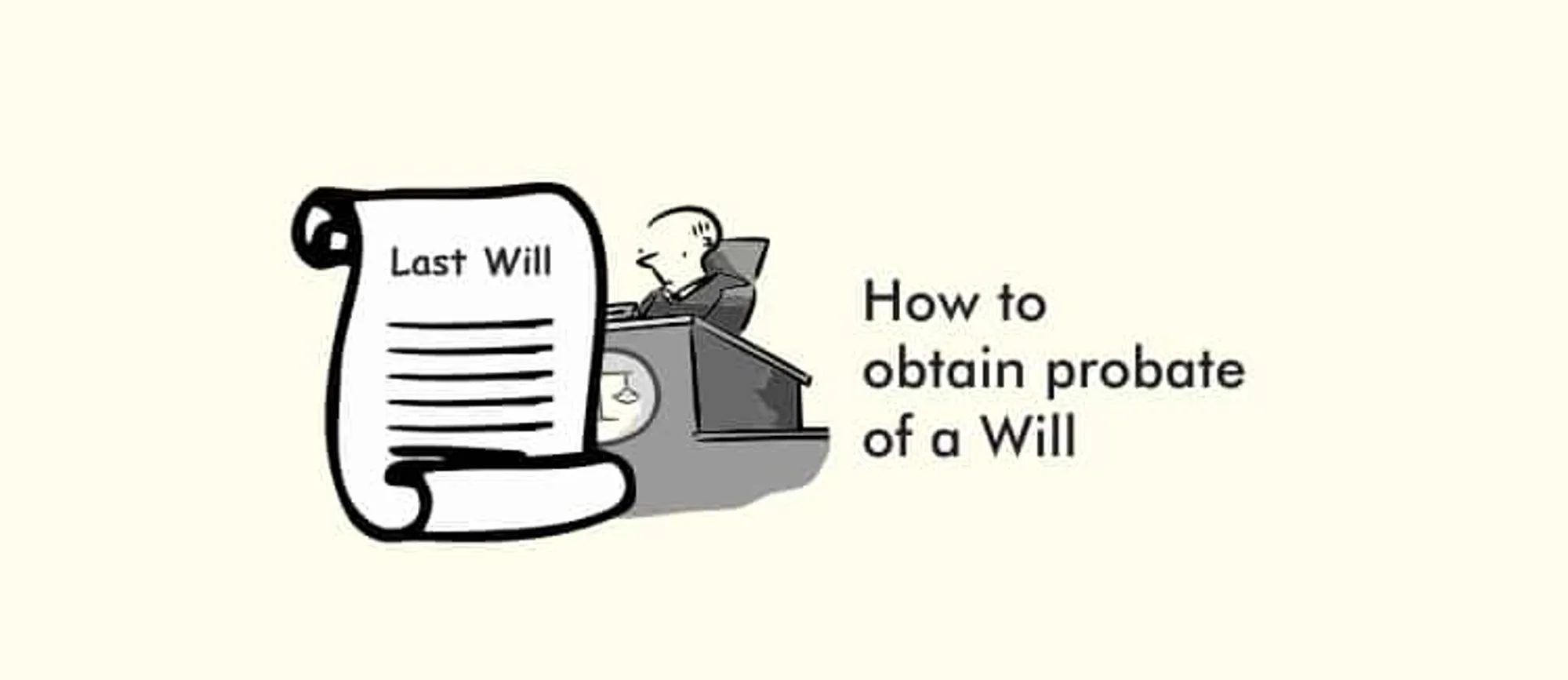A Will is an important legal document which must be drafted with the help of an Advocate. Probate legalizes only a valid Will
People approach us with many queries relating to the probate of a Will. Here we discuss some of those queries.
Table of Contents
What is a Will?
A Will is a legal document. It contains the desire of a person for the distribution of his assets after his death.
Read More: Making a Will
What is probate?
Probate is proof of the Will, i.e. evidence of the fact that a Will exists and is authentic. As defined in the Indian Succession Act, 1925, probate is the copy of the Will issued to the executor with a seal of court and permission to handle the estate of the testator.
Probate is an authority given by the court to the executor named in the Will. It is required to execute the Will as per the wish of the deceased. There is a process to obtain a legal document called “Grant of probate” from the court.
The executor needs this authority for administering the Will. It is used for managing the property of the deceased as per the tenor of the Will.
Is probate of a Will necessary?
No, it is not necessary to obtain probate of a Will in every case. However, it is required when the Will is made by a Hindu, Buddhist, Jain or Sikh and
- If the Will is made in any of the areas subject to the jurisdiction of Governor of Bengal and within the local civil jurisdiction of High Courts of Madras and Bombay or
- If the Will is made outside but related to immovable property located in said areas.
No probate is necessary in case of Wills made by Mohammedans.
Read More: Where there’s a Will, there will be more to learn!
As per section 213 of the Indian Succession Act, an executor or legatee (beneficiary) can establish its right under a Will in any Court only if the Will is probated. A probated Will is required only in abovementioned two cases.
Process of Probate:
The executor applies for the grant of probate. The application is filed in the court having jurisdiction over the area where the property is located. The probate may be granted by a higher court or lower court depending upon the value of the immovable assets.
Read: More: What happens if one dies without making a Will?
Along with the application, the applicant has to make submissions with documents in support of the same:
- Fact of death of the testator
- Time of death
- This is the last Will, and it was duly executed (a statement to the effect that the testator signed the Will in the presence of two witnesses)
- Share of executor (who is applying for probate)
Probate is issued on a stamp paper. The applicant submits the stamp paper. The value of the stamp paper is equivalent to the requisite court fee.
Once the application is submitted –
- notice is issued to the next kin of the deceased
- a public notice is also published for the general public
The notice is issued to file objections to the grant of probate in favour of the executor named in the Will.
If no objections are filed, probate is issued. If objections are filed, application is contested. The parties lead evidence, and the case is decided accordingly.
Read More: How to register a Will?
Time limit:
There is no time limit to file for probate. But unnecessary delay needs to be explained.
The process of obtaining probate requires a valid Will and possession of certain other documents to justify the claim. It is advisable to take timely legal advice for the same.

